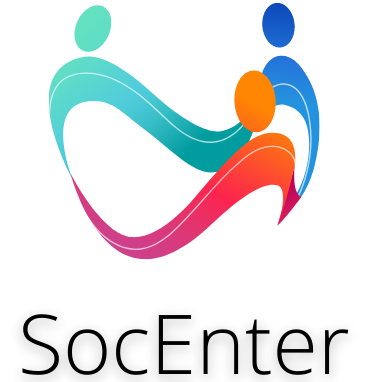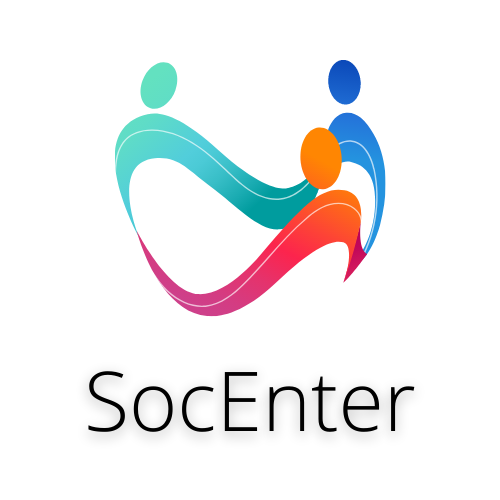The project is to help people at risk of social exclusion or those who want to set up a social enterprise together with others.
Project “Development of social entrepreneurship – new opportunities and ways of development” (Project Acronym: SocEnter)

Project number: 2021-1-PL01-KA220-ADU-000030093
Funded by the European Union. Views and opinions expressed are however those of the author(s) only and do not necessarily reflect those of the European Union or the European Education and Culture Executive Agency (EACEA). Neither the European Union nor EACEA can be held responsible for them.
We will collect the experience of the functioning of social cooperatives from various EU countries and, analyzing all aspects of operation, we will try to find universal rules that will help people starting or setting up social enterprises. According to the International Labor Organization (International Labor Office, 2015), there are low-skilled jobs around the world almost 45% of all jobs. In fact, many low-skilled jobs require physical, mechanical and communication skills. Social cooperatives and social enterprises provide decent work. This is especially important for excluded and vulnerable people.
There are three opinions that are widely discussed:
- education and lifelong learning are the main keys to reducing unemployment, poverty and social exclusion.
- social entrepreneurship can create new employment opportunities for adults;
- people should be actively involved by initiating their own entrepreneurial activity, not just to be told what to do. above our design is based on evidence and thought.
- Considering the above considerations, our design idea is also based on the use of online learning in the areas of:
- Improving and running the educational program.
- Improving teachers’ own qualifications
Impact on the activity of the local community. In this project, the Consortium partners are heavily involved in sharing knowledge, developing and transferring innovative practices and expertise to create an educational framework for low-skilled adults based on an interactive approach to participatory online learning.
All partners will share and transfer their competences:
- Ecoinstituto will transfer its competences in teaching entrepreneurship, educating low-skilled adults and e-learning, especially online learning.
- INSTITUTE DEVELOPMENT OF ENTREPRENEURSHIP will transfer its competences in the field of information and communication technologies and business management.
- The Zofia Zamenhof Foundation will transfer its competences in the field of adult education, training and evaluation educational processes.
- Epralima will transfer its competences in sustainable development, social innovation and empowerment of low-skilled adults.
- COOPERATIVA DE INTERESTE PUBLIC will transfer its competencies in entrepreneurship and new management practices and methods.
- Social Social Cooperative will ensure that its experience will be used in the SocEnter project when running a social club undertaking.
We diversify our target group of adults, but most people, even in a wide age range, can be fully professionally active. They is able to adapt to the needs of the labor market. However, we know that a lot depends on the personality of the person, e.g the training process and the environment in which one lives.
The project should be implemented at the international level for the following reasons:
- a transnational approach to entrepreneurship is needed to deal with the problems of globalisation
- international mobility and relationships can open up business opportunities
- online learning is a challenging sector that requires multi-sectoral, transnational efforts
- the value of this project cannot be purely national
- e-learning and empowerment of low-skilled adults is a European goal
- entrepreneurship training and running a social enterprise can counteract social exclusion in any country
- comparing social research across EU countries is very important and leads to better development
- the extensive experience of social economy partners should be transferred to different countries
- striving for further development of social entrepreneurship
- willingness to improve working methods and training
- consider that promoting our economic and social enterprise activities can lead to social inclusion in different EU coun
